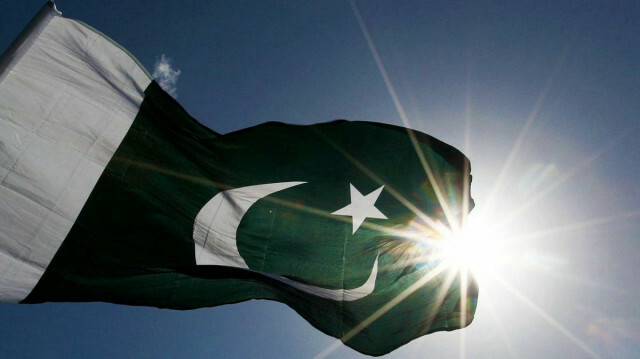
The China-Pakistan Economic Corridor (CPEC) is one of the most lucrative opportunities for economic regionalization in the globalized world. CPEC is a framework of regional connectivity which will not only benefit China and Pakistan, but it would have positive externalities on Iran, Afghanistan, Central Asian Republics, and the other economically viable countries in the region. It is a historic opportunity, which would have a far-reaching impact on the national economy and regional countries. Under CPEC, the expected spillover of technology and experiences in the industrial sector is expected to revolutionize the industrial sector of the country.
Amid difficult times, Pakistan’s economy has shown tremendous resilience to internal and external shocks including the challenges of Covid-19, global economic meltdown, a war against terrorism, energy shortfalls, natural disasters, and political instability. These challenges have taken a major toll over the years on Pakistan’s economic growth but it withstands well. The country's ability to navigate through multiple waves of Covid-19 with targeted mobility restrictions and a prompt, well-coordinated, and targeted monetary and fiscal response, aimed at reducing the impact of Covid-19 on economic growth and livelihoods, were two key factors that made this performance possible. The latent abilities of the country noted during the pandemic of COVID-19 are expected to be repeated by managing an untoward situation like the recent floods which affected 33 million of the population.
The government is well aware of the chronic challenges and is determined to cope with them with various prudent measures. The most important priority is to strengthen the economy on the path of sustainable economic development by achieving price stability, maintaining the momentum of GDP growth, increasing FDI, and evolving a stable political environment. To address the macroeconomic imbalances, contractionary monetary and fiscal policies are adopted by the government at the start of FY2023. The likely consequences include stabilization in the real GDP growth rate; however, a strong recovery of the economy is expected thereafter. The medium-term growth is expected to return to levels even higher than historical trends with average rates of 6.0 to 7.0 percent in FY24-25. The government is taking measures by using all the available tools to break the cycle of recurring instability and to put the economy on the path of sustained growth and stability. Government is highly committed to introducing far-reaching reforms in every sector of the economy. The goal is to transform the country’s economy by putting it on a more sustainable growth path.
To promote investment in the country, a new strategy for an investor-friendly environment will be provided which includes reforms in dispute resolution mechanisms for citizens and foreign investors. International best practices will be adopted for the purpose which will include the alternate dispute resolution mechanism. Nine special economic zones would be established on the CPEC route, and investors from China and other countries will be facilitated to set up industrial units in these economic zones.
To attract FDI, the government is inclined toward setting up SEZs. The Government is also keen to operationalize export-processing zones (EPZs) at the earliest to encourage foreign investment. Some of the incentives offered to EPZ investors include exemptions from all federal, provincial and municipal taxes for export-destined production, exemptions from all taxes and duties on equipment, machinery, and materials, and access to Export Processing Zone Authority "one window” services. The Financial Action Task Force (FATF) has delisted Pakistan from the Grey List as Pakistan has taken all required measures to meet its demands. This will allow Pakistan to attract foreign investors and will pave the way for improvement in the investment environment in the country.
Nobody can deny the fact that Pakistanis have always proved themselves a resilient nation. Its economic potential is immense, and it has the potential to become a major regional economic player. Government is committed and leaving no stone unturned to address the deep-rooted challenges and make Pakistan an equitable land of endless opportunities. Regional peace, a global favorable environment, and the absence of conflicts will allow Pakistan to be the best place for the future economic development of the region and a win-win model for all.
Dr. Imtiaz Ahmed is a well-reputed economist, currently serving as Economic Advisor, Finance Division, Government of Pakistan.













